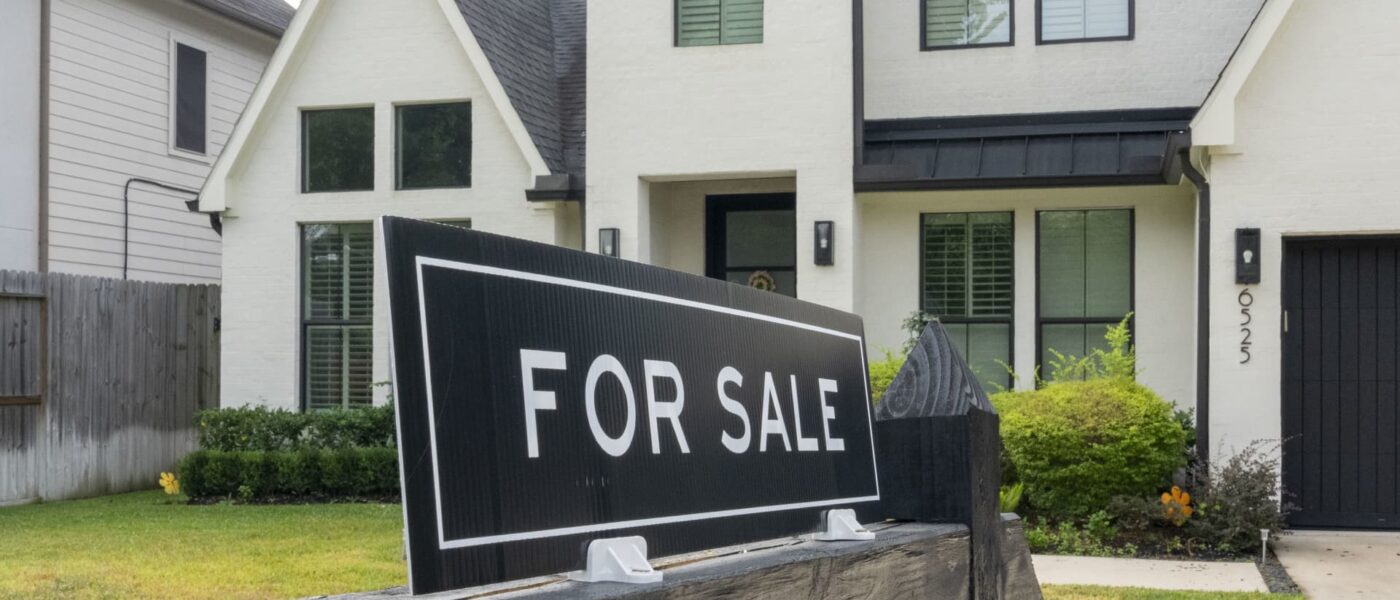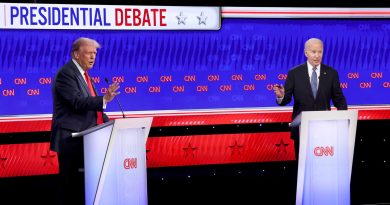Trump proposes 50-year mortgage, but homeowner savings could be minimal
In another attempt to make homebuying more affordable, President Donald Trump floated the idea of a 50-year mortgage in a social media post. In response, Federal Housing Finance Agency director Bill Pulte, who oversees Fannie Mae and Freddie Mac, posted that they are “working on it,” and that it would be, “a complete game-changer.”
The purpose of a longer-term mortgage would be to lower the monthly payment for homeowners. The longer the term of the loan, the smaller the principal needed each month to pay it off in full. But such a plan has other trade-offs.
Using the latest median sale price of a home from September, $415,200, according to the National Association of Realtors, and the current interest rate of about 6.3%, according to Mortgage News Daily, on a 30-year fixed loan with a 20% down payment, the monthly payment of just principal and interest would be $2,056. If you raise the length to 50 years, at the same interest rate, that payment would be $1,823, a savings of $233 per month.
Homeowners, however, would not build equity as quickly because their principal payments would be smaller. The amount of interest paid to lenders would be 40% higher.
How it might work
The real question is can Fannie and Freddie do this. Analysts say it is possible, but a 50-year mortgage does not currently meet the definition of a qualified mortgage under the Dodd-Frank Act, which provides investors with a backup from Fannie and Freddie if a loan goes bad. But regulators were given the authority to change that in order to insure mortgage affordability. That, however, could take up to a year, given the need for congressional approval, according to Jaret Seiberg, a financial services and housing policy analyst at TD Cowen.
“Fannie and Freddie could establish a secondary market for 50-year mortgages in advance of policy changes. They even could buy mortgages for their retained portfolios. Yet this would not alter the legal liability for lenders. It is why we believe lenders will not originate 50-year mortgages absent QM [qualified mortgage] policy changes,” wrote Seiberg in a note to clients.
How it would impact rates
Then there is the question of the mortgage rate. The average rate on the 15-year fixed mortgage is currently 66 basis points lower than the rate on the 30-year fixed, according to the Mortgage Bankers Association. This would imply that the rate on the 50-year fixed would be higher. It all depends on investor demand for the product.
“There is not currently a secondary market for such loans, nor would a robust secondary market be cultivated any time soon,” said Matthew Graham, chief operating officer at Mortgage News Daily. “That means that, in addition to the extremely low amount of principal paid down in earlier years of the loan, the interest…






